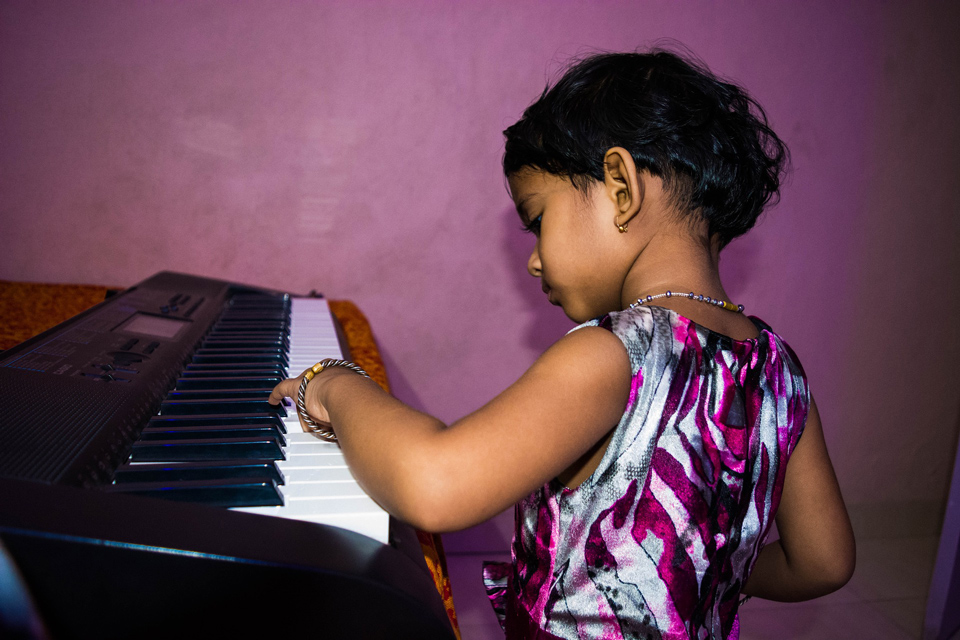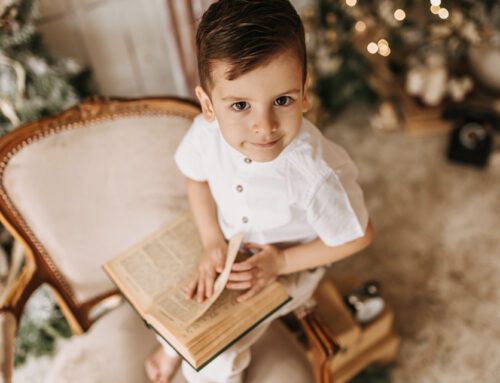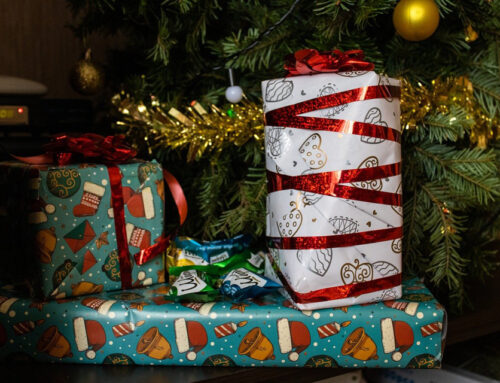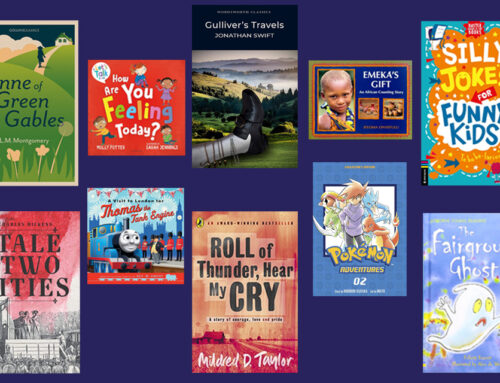Learning music is often recommended for children with high learning potential – not just as an absorbing hobby but because it encourages focus and relaxation, can help with making friends and provides intellectual stretch. Yet the cost of music lessons puts many parents and carers under financial strain, with a recent survey from the Musicians Union finding that children from low-income families are half as likely to learn an instrument.
Here are some suggestions to add musical enrichment into your child’s life.
Check What School Offers
Some local authority schools and academies subsidise music lessons. They also do not pay VAT on education costs, and HMRC allows parents to buy instruments through the school – which can mean a 20% discount for you.
Rent or Find Discounts
Take your child along to a music rental shop where they can try out various instruments and receive advice on the options, for example the correct size (smaller children may be advised to play the cornet first as the weight distribution is better and then choose to move onto the trumpet), and preferred model. For woodwind and brass, try www.johnpacker.co.uk who rent instruments and sell second hand models. For pianists living within the M25 radius, try Markson Pianos. You can also look in local newspapers for second-hand instruments or even place an advert in a music shop. For those with a minimum of two years experience looking to upgrade their instruments, the Benslow Music Instrument Loan Scheme lends high quality orchestral stringed and woodwind instruments to young people aged between 7 and 25 https://benslowmusic-ils.org/
Remember that you’ll pay a higher price for a better brand. You don’t have to buy the most expensive but aim for the best that you can comfortably afford – the material and instrument parts should result in a better in-tune sound response when played.
Browse the offers section of Freecycle for unwanted larger instruments which take up space. See: https://groups.freecycle.org and type in your location area.
The organisation Music For All offers free of charge taster sessions and donates instruments and tuition to disadvantaged children. https://www.musicforall.org.uk/
Consider a Small Instrument
You don’t have to choose a recorder. Small children can try a kalimba, also known as the thumb piano. It’s made from wood and has metal prongs that are plucked with the thumb. Harmonicas can make a powerful sound – ones with holes spread further apart are good for beginners. The cheerful thrum of a ukulele makes it fun to play – with just four strings, they can sound impressive in just a few chords.
Hire A Music Student
Does your local university have any trainee music teachers? They will be under supervision from course leaders and as they’re just starting to teach, expect costs to be lower. Of course, it helps if your child warms to their personality and likes their teaching style.
Group Lessons
Your child with high learning potential might not necessarily want to learn with another youngster but have they considered that hearing another musician might be useful for learning to play in an ensemble at a later date? Gifted musical children especially can recognise when pitch is spot-on or off. Try to find a child with a similar ability.
If weekly lessons are costly, then making it fortnightly will not only save money but give your child extra time to perfect their individual pieces, scales and harmonics.
Find Online Tutorials and Sheet Music
There’s a wealth of videos on YouTube, for example from Liberty Park Music: https://www.youtube.com/channel/UCKYJqwAi35MdD4U9orQ7doA/videos
You can download sheet music to your printer from shops like Musicroom and Music Notes. Ebay also sells used sheet music. For free copies of music search for PDFs online or visit the Open Source software Musescore where people transcribe musical arrangements for free. Use Musescore’s search box online to find scores or download the program if your child wants to try writing their own music notation (Musescore lets you hear the notes as you write).
Write to Your MP
It’s worth a try! Ask them to support free instrument tuition for children, whether they are home-educated or at school.
Sing..It Costs Nothing!
The voice is an instrument in its own right. Young children aren’t self-conscious about their singing but how do you preserve a love of it when you get older and wary of an audience? Continuously encourage your child to be a music maker. “Singing makes you happier and gives you freedom,” says a young Potential Plus UK member. “If you’re worried about how you sound, you could improve by using an app such as ABRSM Aural Trainer.”
Attend A Young Voices Concert
Young Voices brings together schools from all across the UK, at different venues, to sing together. Added to top dancers and artistes who are performing, hearing the singing of up to 8,000 children at a single concert is an incredible experience for both performers and audience. A school with a high number of disadvantaged pupils can also apply for a grant to take part. https://www.youngvoices.co.uk
Watch Live Performances
A school or university band can be fun for younger teenagers to experience. Performances of music from musicals and operas can also showcase fantastic sound, emotion and creativity – all vital components for great music. Don’t just stick to classical, jazz or musicals; try a variety of different musical styles, musical giftedness features in all music genres.
Visit A Specialist Museum
The Horniman Museum in London has more than 1300 musical instruments from Jew’s harps to Russian bassoons and interactive tables where children can listen to the instruments’ sounds! There are even rare keyboard instruments such as harpsichord and clavichords. See: https://www.horniman.ac.uk/visit/displays
Speak to the Salvation Army
The Salvation Army joined up with Bedford Free School to offer free music lessons to every pupil. Speak to your local branch or church about possible musical outreach.
Sign Up for Make Music Day
Make Music Day is a global event that falls on 21st June, with free music across the UK. See: https://makemusicday.co.uk/
Consider Applying for Music Scholarships
If your child shows signs of promise on their current instrument, or is unusually able and wishes to learn another, consider scholarship applications. Private schools can offer anything between 10-50 per cent off school fees, for musically able children and this can include free instrument lessons. Some schools may ask for a minimum grade in order for a candidate to apply. Remember that they are looking for children whose love of music motivates them.
The government has a Music and Dance Scheme which provides grants and help with fees at eight independent schools and 21 centres for advanced music training. See: https://www.gov.uk/music-dance-scheme.
Audition for the National Children’s Orchestra or Youth Orchestra
The National Children’s Orchestra is for ages 7-13. Auditions take place around the UK. Membership and performance scholarships are available, including financial assistance. https://www.nco.org.uk
The NYO (National Youth Orchestra) runs inspire days and three-day residentials for talented musicians (standard grade 8), aged between 13 and 18. There is a bursary scheme with reduced rates and help with travel costs. http://www.nyo.org.uk
Other Funding Resources
For further information about junior age funding sources, see: https://www.munstertrust.org.uk/funding-guide






